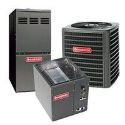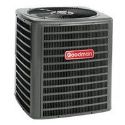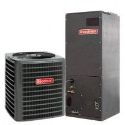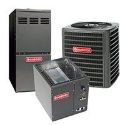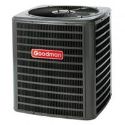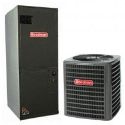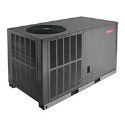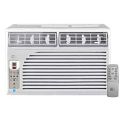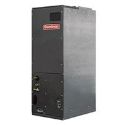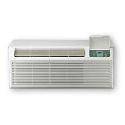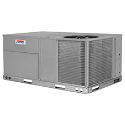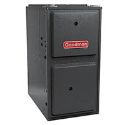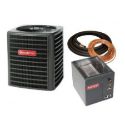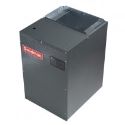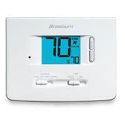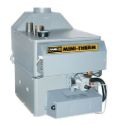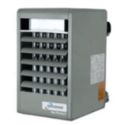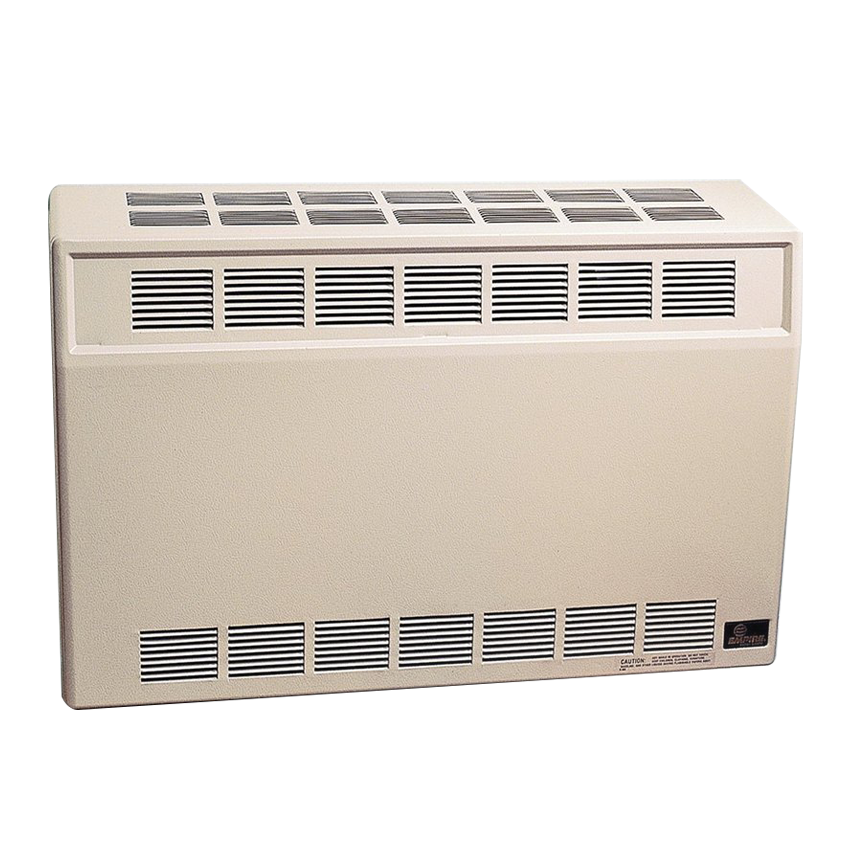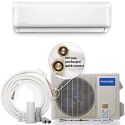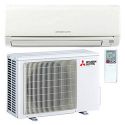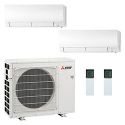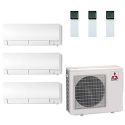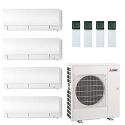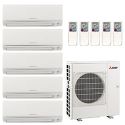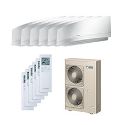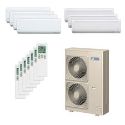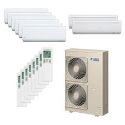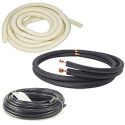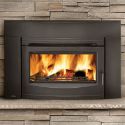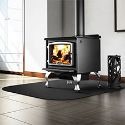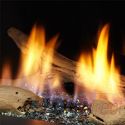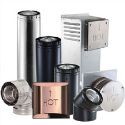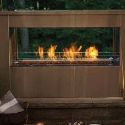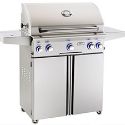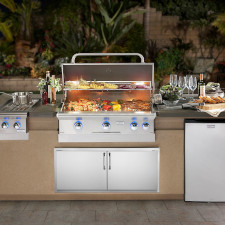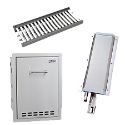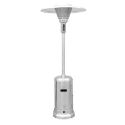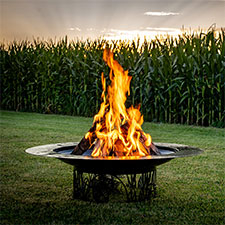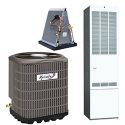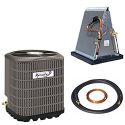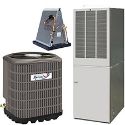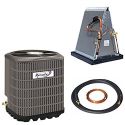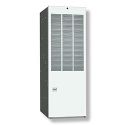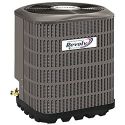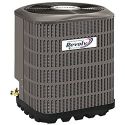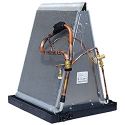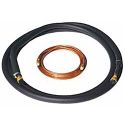Keeping Clean, Keeping Healthy?
Air filters are a part of an HVAC (Heating Ventilation and Air Conditioning) system that needs to be replaced on a regular basis; it is to keep the system running efficiently and prevent damage. Standard filters are made to protect the equipment from dust and large particles, and they do not filter out things like mold, bacteria, and some pollen. Therefore if you want the benefit of cleaner air in your home to try and help with asthma and allergies, you need a more specialized filter designed to block much smaller particles, such as a HEPA (High Energy Particle Air) filter. Unlike regular air filters, HEPA air filters are made up from densely packed layers of glass fibers instead of paper. They are typically graded based on the MERV (Minimum Efficiency Reporting Value) which goes from one to twenty, with the higher the number, the better the filtration. The company M3 also has a system called MPR (Micro-Particle Performance Rating) from 300 to 2800 with the higher number filtering out smaller particles. Lastly, Home Depot has its specific system they call FPR (Filter Performance rating) with the higher number picking up smaller particles.

Pollutants and the Effect on Air Quality
Pollutants that can affect air quality in a home fall into the following categories:
Particulate matter includes dust, smoke, pollen, animal dander, tobacco smoke, particles generated from combustion appliances such as cooking stoves, and particles associated with tiny organisms such as Dust mites, molds, bacteria, and viruses.
Gaseous pollutants come from combustion processes. Sources include gas cooking stoves, vehicle exhaust, and tobacco smoke. They also come from Building materials, furnishings, and the use of products such as adhesives, paints, varnishes, cleaning products, and pesticides.”
Also when getting an air filter you not only have to decide on the filtration level but what kind of filter. There are disposable filters which are usually the lower levl filtration made from paper. A HEPA filter may also be electrostatic but not all HEPA filters are. An electrostatic filter is a reusable filter that is washable when it gets dirty. It is considered the more environmentally friendly option and can last several years. Also the electrostatic alone may not be enough to trap the tiny particles that may aggravate asthma and allergy sufferers. You still need to keep an eye on the MERV (or applicable) rating system. You can also buy disposable filters with an electrostatic charge, though the electrostatic by itself isn’t enough.
Whether you choose disposable or reusable filters they do have to be cleaned or changed regularly to keep your ventilation system clean and running efficiently. HEPA air filters that help with allergens need to be changed more frequently than ordinary paper filters, especially during allergy season. This can mean changing the filter almost every other month, as opposed to the regular air filters which normally need to be changed only every six months. While the allergen filter does help reduce allergens but it’s only effective if the HVAC (Heating Ventilation and Air Conditioning) system itself is also cleaned at least once a year. Not only will it make your allergen-specific filters null but it can have a substantial effect on the operation of the HVAC system. Also, while air cleaning devices may help to control the levels of airborne allergens, and particles in a home, they may not decrease adverse health effects from indoor air pollutants that exist inside the home. Meaning that we need to study this closer and that a more fine filter might help with allergens in the house but if you don’t also keep your HVAC clean and try to keep the allergens in the home down then it will be less effective.
Air Filters Effect in Your Home

Most people understand that a finer air filter will help keep allergens and particles levels lower in the home. What some overlook, though, is that you have to keep your home fairly clean in order for the filter help keep allergens down. If black mold is growing in the bathroom and is allowed to grow unchecked the filter can only lessen said allergens. If your HVAC system hasn’t been cleaned on a yearly basis then build up and dirt could be putting a strain on your system and upping your electric bill and also make your HVAC system less effective in keeping the temperature where it needs to be. Air filters are more than just keeping your HVAC system working, it can possibly help reduce allergens in homes, and keep your system running efficiently and reduce the damage of wear and tear. Air filters will help keep allergens lower but it can only assist, keeping the home free of allergies should already be a priority and the air filter the last line of defense. With the variety of types and degrees of filtration available, there seems to be an air filter for everyone.
 Shopping Cart
Shopping Cart


